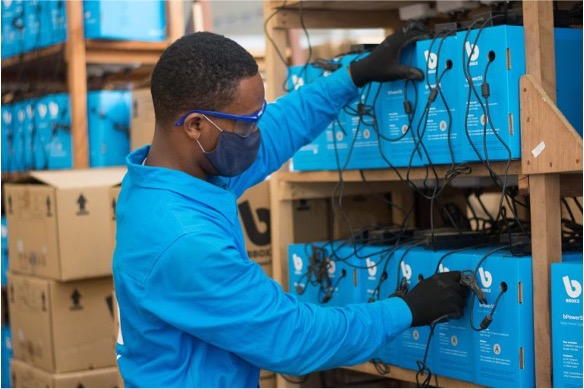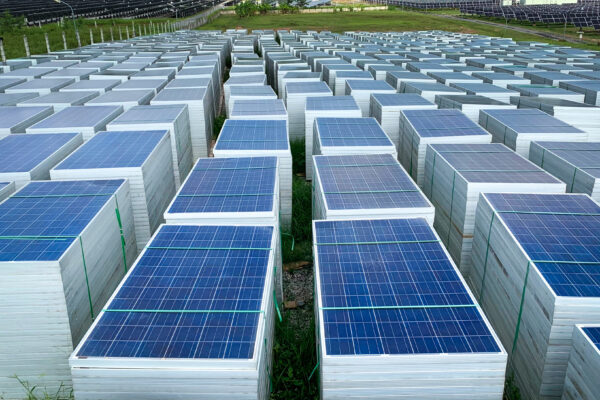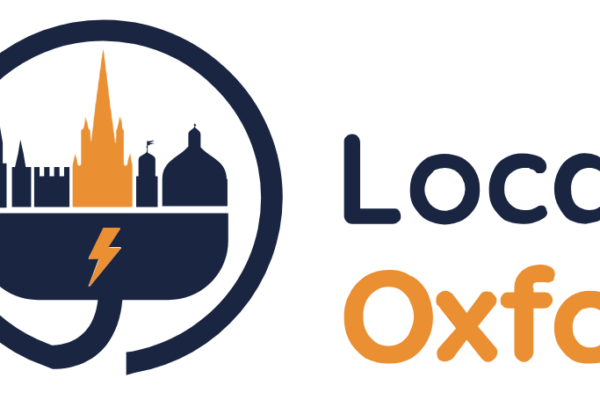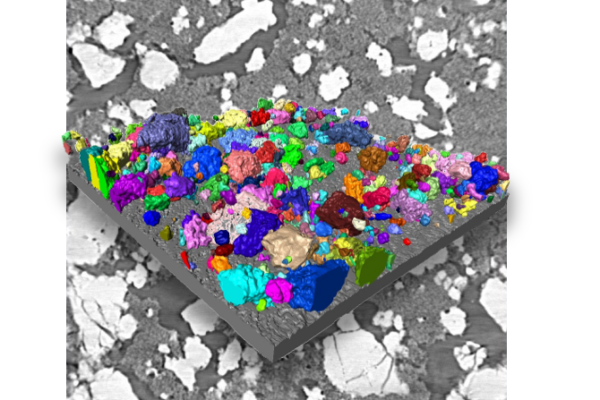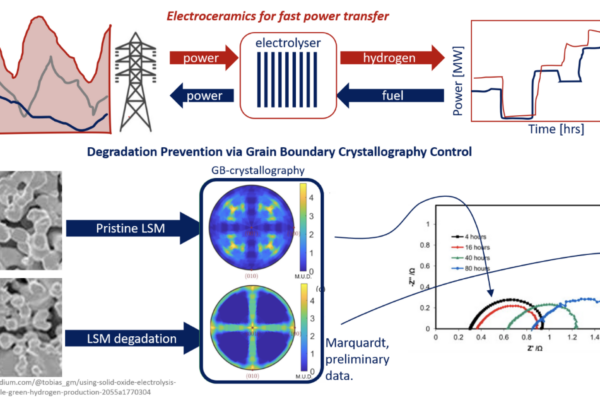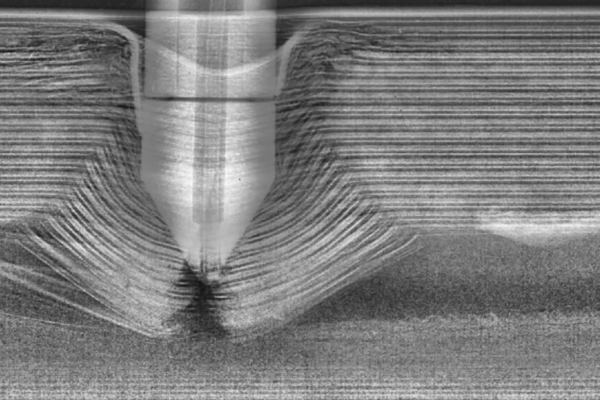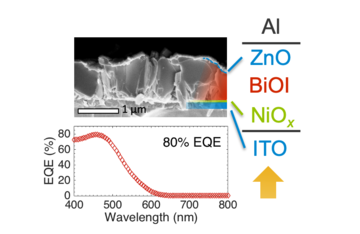Our Research
Our partnership approach across University of Oxford departments and external organisations is designed to identify strategic needs, amplify existing research and accelerate innovative solutions for a zero-carbon energy system.
Our work augments the University of Oxford’s existing research, adding five main research themes to ensure the University has strength and depth across all elements necessary for a just transition to a zero-carbon energy system.
ZERO’s research themes are strategically designed to accelerate the net-zero transition across four strategic sectors: power, industry, transport, and buildings. Moreover, ZERO research follows a systems thinking approach integrating diverse disciplines and non-academic collaboration to ensure real-world impact. This interdisciplinary approach encompasses diversity, societal dynamics, data analysis, security protocols, digital innovations, policy formulation, and enterprise strategies, which are crucial for addressing complex contemporary challenges. Our mission is to bridge between academia, industry, and society to achieve a just and fair, zero-carbon energy transition globally.
Research Themes
Generation
Conversion
Distribution
Storage
Usage
All Case Studies
Filter
More from ZERO Institute

About the ZERO Institute
We want to shape the transition to a just and fair global zero-carbon energy system, through research that unifies technology, policy, and people.

Our People
The ZERO Institute is a multi-disciplinary hub for zero-carbon energy research, bringing together academics from across the University of Oxford.

Latest News
Catch up on the latest news and events to see how ZERO is driving the transition to a zero-carbon energy system.
